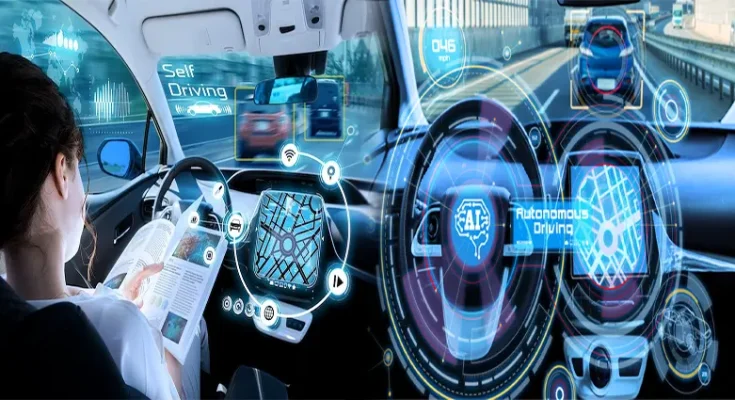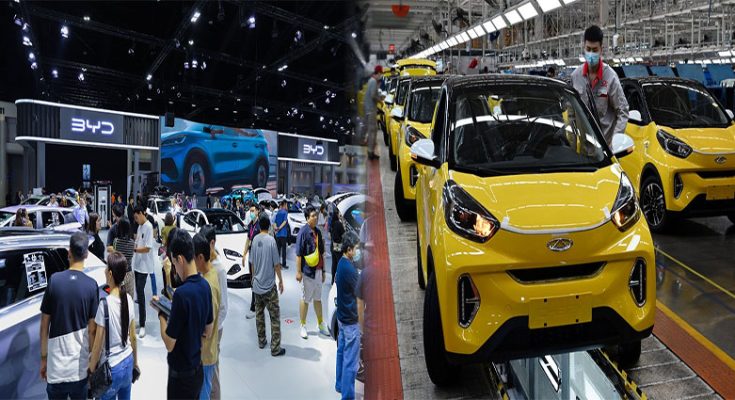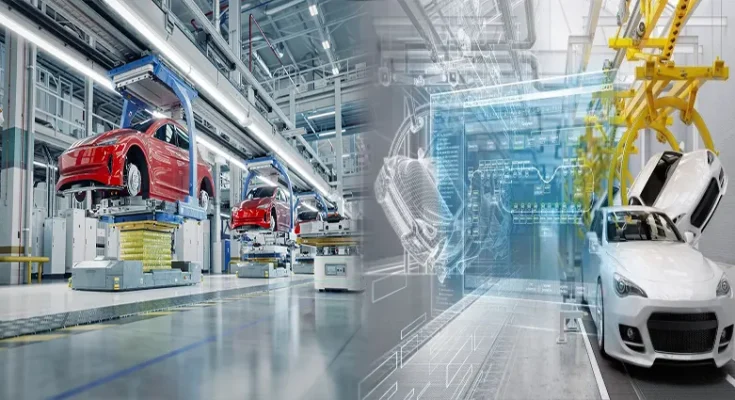
Exploring Autonomous Driving Technology Trends Shaping the Future of Cars
Autonomous driving technology is revolutionizing the automotive industry, shaping the future of cars in ways once thought impossible. As advancements in artificial intelligence, machine learning, and sensor technology continue to progress, the dream of fully autonomous vehicles is becoming a closer reality. The trends in autonomous driving technology are reshaping the way we think about transportation, safety, and efficiency on the roads.
Evolution of Autonomous Driving Technology
The evolution of autonomous driving technology has been marked by significant milestones and breakthroughs. From basic driver-assistance features to fully self-driving capabilities, automakers and tech companies are investing heavily in developing cutting-edge systems that enhance vehicle automation. Features such as adaptive cruise control, lane-keeping assist, and autonomous parking have become commonplace in modern vehicles, laying the foundation for more advanced autonomous driving capabilities.
Levels of Autonomy
Autonomous driving technology is often categorized into different levels of autonomy, ranging from Level 0 (no automation) to Level 5 (full self-driving). Each level represents a different degree of automation and driver engagement, with Level 5 being the ultimate goal of achieving complete autonomy without the need for human intervention. Automakers are working towards achieving higher levels of autonomy by incorporating advanced sensor technologies, artificial intelligence algorithms, and high-definition mapping systems into their vehicles.
Safety and Efficiency
One of the primary benefits of autonomous driving technology is its potential to enhance road safety and improve traffic efficiency. Autonomous vehicles are equipped with sensors, cameras, and radar systems that can detect and respond to potential hazards in real-time, reducing the likelihood of accidents caused by human errors. Additionally, autonomous driving technology has the capability to improve traffic flow, reduce congestion, and optimize route planning, ultimately leading to a more efficient and streamlined transportation system.
Regulatory Challenges and Adoption
While the promise of autonomous driving technology is vast, the …
Exploring Autonomous Driving Technology Trends Shaping the Future of Cars Read More



